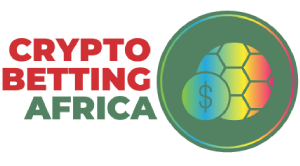Dive into the intricate world of Non-Fungible Tokens (NFTs) and the laws that govern them. This comprehensive guide demystifies NFT regulations, highlights potential legal challenges, and offers practical advice to successfully navigate the booming NFT market. Stay informed and stay ahead in 2023!
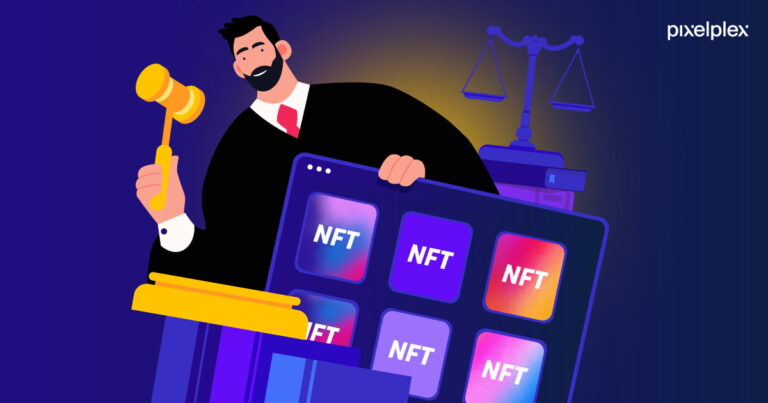
Let’s start by understanding what Non-Fungible Tokens (NFTs) are and the mechanisms behind their operation. Non-fungible tokens, or NFTs, represent unique items or pieces of content on the blockchain, a digital ledger of transactions. Unlike cryptocurrencies such as Bitcoin or Ethereum, which are fungible and can be exchanged on a like-for-like basis, NFTs have unique properties and cannot be interchanged with another token. They are essentially digital certificates that authenticate a digital asset to be unique and therefore not interchangeable.
NFTs can represent any form of creative work in the digital domain, including art, music, games, real estate, and even tweets. By tokenizing these digital assets, creators can monetize their work and earn from subsequent sales and royalties. In essence, NFTs have introduced a new way to own and trade digital assets, leading to the emergence of a booming digital economy.
An NFT is a type of digital asset that uses blockchain technology to link with a unique digital item or piece of content. When you buy an NFT, you gain the rights to the unique token on the blockchain, not the artworks or content linked to the token. You can sell the token along with the rights if you wish, which is recorded on the blockchain.
NFTs are revolutionizing the digital asset market. For a detailed understanding of how, you can take a look at our article on Analyzing the Market Trends and Future of NFTs. In brief, NFTs are creating a shift in the dynamics of the digital economy. They are creating a new avenue for artists to monetize their work, devoid of traditional gatekeepers. NFTs enable the provenance and real-time value of digital artwork to be tracked and authenticated, creating more transparency and trust in the digital market.
The process of creating an NFT is called ‘minting’. Minting an NFT involves uploading a piece of digital content to an NFT market platform and creating a new token associated with the content. This token is then added to the blockchain, which verifies its uniqueness and ownership. For a more in-depth understanding of the process, take a look at our analysis: Insights into the NFT Minting Process.
In conclusion, NFTs are not just a trend, but seem to be a significant shift in how we perceive ownership and value in the digital space. They have gained massive popularity and look to be a cornerstone of the digital economy moving forward.
As with any burgeoning industry, the realm of Non-Fungible Tokens (NFTs) is not without its legal complexities. This section aims to demystify some of the legal aspects surrounding NFTs, encompassing copyright and intellectual property rights, consumer protection against fraud, and the pressing issue of privacy and data security.
The intersection of NFTs and copyright law is fraught with ambiguities that stem from the unique nature of NFTs. When you purchase an NFT, you are buying a unique digital token linked to a piece of content. However, this doesn’t necessarily mean ownership of the intellectual property rights of the underlying content. This can lead to significant legal issues, particularly when it comes to reselling NFTs or using them in a commercial context.
It’s important to note that the copyright in an artwork is distinct from the artwork itself. Thus, unless expressly stated in a smart contract associated with the NFT, purchasing an NFT does not equate to obtaining the copyright of the underlying digital asset. This highlights the necessity for clear communication and comprehensive contracts during NFT transactions to prevent future disputes.
The volatile and relatively unregulated market of NFTs can create a fertile environment for fraud. Several instances of NFT scams have already been reported, which involve counterfeit NFTs, pump and dump schemes, and even fake NFT marketplaces.
Consumer protection in the NFT world is thus of paramount importance. Implementing robust verification procedures, increasing transparency in transactions, and educating consumers about potential risks can significantly mitigate the chance of fraud in the NFT marketplace. In response to the rising concerns, several NFT platforms have begun to implement more rigorous artist verification processes to ensure the authenticity of the NFTs sold on their platforms.
Like most activities that take place on the blockchain, NFT transactions are pseudo-anonymous. While this can lead to a sense of privacy, it is crucial to remember that all transactions are traceable and permanently recorded on the blockchain, presenting potential data security concerns.
Another privacy issue is the metadata associated with NFTs, which contains a significant amount of information about the asset, including its history, previous owners, and price. This data permanence, coupled with the open nature of the blockchain, can potentially pose risks to the privacy of users who do not wish their transaction history to be openly accessible.
Addressing these privacy and data security concerns is critical for maintaining trust in the NFT market and encouraging its continued growth. Solutions to ensure privacy and data security in NFT transactions could include implementing zero-knowledge proofs or other privacy-enhancing technologies to obfuscate certain transaction details without compromising the transparency and immutability that are inherent to blockchain technology.
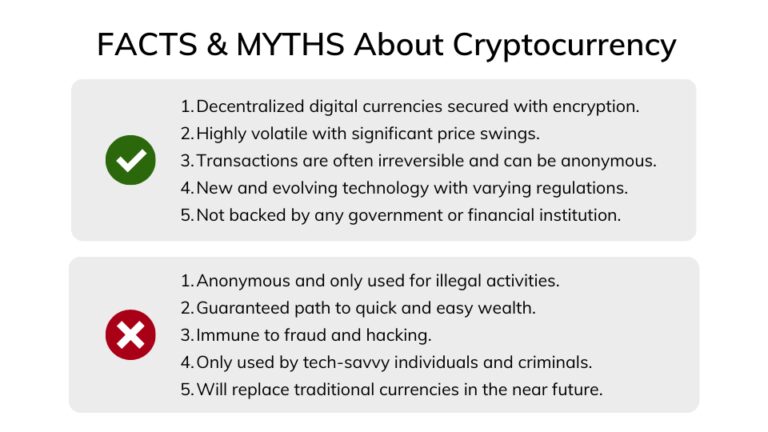
Non-fungible tokens or NFTs, despite their increasing popularity, are still relatively new phenomena. This newness has also left NFTs in uncharted legal territory with existing laws and regulations not fully equipped to address their nuances. Furthermore, as NFTs are largely digital and global, regulations may differ significantly across jurisdictions.
As a starting point, NFTs are often subject to the general laws governing digital assets and financial transactions. For instance, tax laws apply, implying that profits derived from the sale of NFTs are often taxable. Similarly, general contract law applies to the sale and purchase of NFTs, even though these transactions occur on blockchain.
It’s also worth noting that if an NFT represents a share in an underlying asset, it could potentially fall under securities laws. In such instances, both the issuance and trading of these tokens would need to comply with the respective regulations, which may include disclosing relevant information and obtaining permissions from regulators.
Given the unique characteristics of NFTs, there is a growing recognition that specific legislative measures may be required. Subsequently, regulatory bodies across the globe are making efforts to understand and establish frameworks for NFTs.
Most regulatory bodies are initially focusing on raising awareness and education regarding NFTs, particularly around their potential risks. This includes warnings about price volatility, the lack of consumer protection in some cases, and the potential for fraud.
Furthermore, regulators are also striving to formulate NFT-specific rules and guidelines to ensure proper market conduct, data protection, and to counter money laundering and other illicit activities. However, the actual implementation may take some time given the complex and evolving nature of NFTs.
Regulatory approaches to NFTs have differed significantly across jurisdictions. For instance, countries like the United States and Africa have taken steps to include tokens, possibly NFTs, in their definition of securities, thereby applying securities regulations to them. Meanwhile, some other jurisdictions, such as the European Union, are still deliberating on how to regulate NFTs.
In China, however, NFTs are currently facing a restrictive regulatory environment due to the recent crackdown on cryptocurrency, which has extended to all forms of crypto assets, including NFTs.
Regulation is a critical area for NFT investors and creators, and it’s important to stay abreast of regulations in the respective jurisdictions. To learn more about the regulatory landscape across key jurisdictions, refer to our comprehensive guide on Navigating through NFT Regulations.
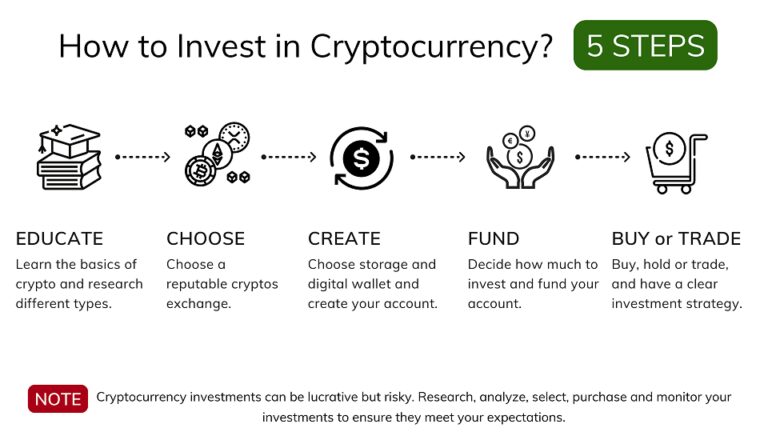
The integration of Non-Fungible Tokens (NFTs) into online betting platforms is bringing about a revolution in the online gambling industry. However, it is also a source of significant legal and regulatory concern. This intersection between two rapidly developing sectors – blockchain technology and online gambling – is creating a novel landscape that mandates comprehensive legal scrutiny and robust regulatory controls.
NFTs, due to their unique nature and the ability to prove ownership of a digital asset, are being increasingly used on popular betting platforms like Bitsler, MyStake, and Sportsbet.io. Their use is multi-faceted, from functioning as digital currency for betting to representing game assets or betting stakes. For instance, NFTs can be used to purchase virtual goods, bet on sports or casino games, and participate in online card games. They can also be exchanged for other assets on these platforms, enabling a dynamic ecosystem of digital transactions.
Despite the opportunities offered, the use of NFTs on betting platforms also presents several legal challenges. The absence of a physical asset, the cross-border nature of transactions, and the uncertainty surrounding the legal status of NFTs complicate the enforcement of traditional legal norms. Depending on the jurisdiction, NFTs can be classified as a form of gambling, a commodity, a security, or even fall outside existing legal classifications. These varying interpretations can create confusion for users and operators alike, leading to potential legal disputes.
Regulation of NFTs in online gambling is largely an unchartered territory, with lawmakers and regulators worldwide working to understand and manage this emerging phenomenon. Given the rapid pace of innovation and the global nature of online gambling, establishing a comprehensive regulatory framework poses a significant challenge. At the moment, these regulations differ widely from one jurisdiction to another, leading to a disjointed and confusing legal landscape.
Key regulatory issues include ensuring fairness, protecting users from fraud, securing data privacy, and preventing money laundering. As the africage of NFTs on betting platforms grows, a clear legal and regulatory guideline is needed to protect all stakeholders involved and promote a sustainable growth of this nascent industry.
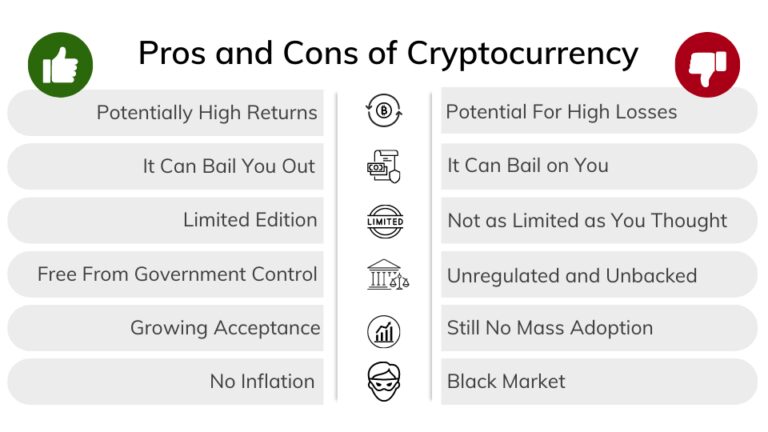
As the digital asset space matures, the legal and regulatory framework is likely to evolve with it. Non-fungible tokens (NFTs) are not an exception, and many anticipate various challenges and changes in the future. Understanding these potential shifts will be essential for anyone involved in the NFT space, from artists and collectors to legal professionals and policymakers.
The recent surge in NFTs has brought with it several potential legal challenges. Copyright infringement and intellectual property rights are at the forefront. The decentralized and global nature of the blockchain makes it challenging to enforce traditional copyright laws. In this respect, it’s believed that we’ll witness an increase in cases of misuse and misappropriation of digital rights.
Consumer protection is another predicted legal challenge. As the NFT market expands, so does potential for fraudulent activities and scams. The pseudonymous nature of blockchain transactions increases the difficulty of tracking and prosecuting fraudsters. Regulatory bodies will need to find ways to protect consumers without stymying innovation in the NFT marketplace.
Major legislative changes are also on the horizon for NFTs. Current legislation mostly doesn’t specifically target NFTs. As a result, policymakers across the globe are now looking to draft laws that specifically govern NFT transactions. This could mean changes in copyright law, consumer protection regulations, and even tax laws. If you are interested in what experts are saying about this, you can delve into this topic in our Future Forecast of NFTs by Experts.
However, one should bear in mind that these potential legislative changes could impact the development of the NFT market. Over-regulation may hamper innovation, while under-regulation could lead to unethical practices. Striking the right balance is key to fostering a healthy NFT ecosystem.
As we move into the future, legal professionals will play a significant role in shaping the NFT landscape. They will help develop the necessary legislation and regulations and assist in resolving legal disputes related to NFTs. Lawyers and policymakers will need to stay abreast of technological advancements and understand how blockchain technology operates to create effective laws and regulations.
Their role will also involve educating consumers and businesses about their rights and obligations in the NFT world. They will need to guide artists on protecting their IPs while ensuring consumers understand the terms and conditions associated with purchasing or minting NFTs.
In essence, the future of NFTs will depend heavily on how legal and regulatory challenges are addressed, revealing a new frontier in the intersection of law, technology, and digital art.

